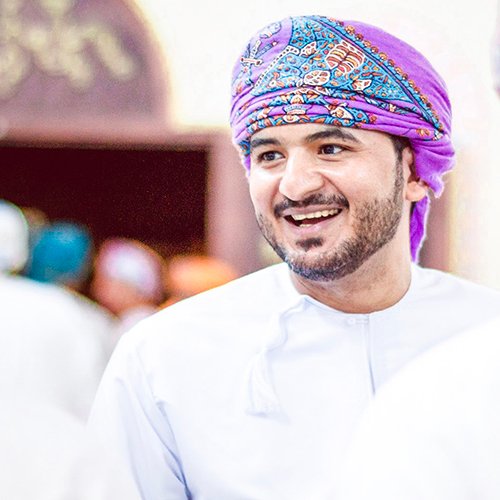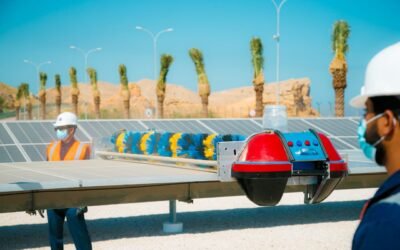Khazaen City aims to attract a diverse range of business sectors. The industrial city has already begun construction, and the initial stages are expected to be completed by mid-2020. The project will include companies providing various services, notably packaging, assembly, distribution, and manufacturing, as well as secondary service institutions such as banks, legal offices, and financial services. In parallel, the city will benefit from a customs-approved dry port and a new free zone that offers competitive advantages, including full foreign ownership of projects, complete exemption from import and re-export duties, a 25-year tax exemption for companies, full exemption from income tax for employees, and dedicated clusters and areas tailored to meet the unique requirements and infrastructure needs of each sector. Additionally, the Salalah Free Zone offers customized and on-demand logistics solutions throughout the value chain. It also provides its clients with the opportunity to benefit from free trade agreements with the United States, Singapore, European countries, and Gulf Cooperation Council countries.
As for individuals who will reside and work in Khazaen City, they will have several options for luxury residential units. They can also enjoy various retail outlets, such as stores, shopping centers, and car dealerships, in addition to essential social structures including schools, entertainment centers, and healthcare institutions.
Khazaen City stands out for its strategic location in one of the most densely populated areas of Oman and its relative proximity to the Port of Sohar, Muscat Airport, and Muscat City. This enables companies within the city to have quick access to the country’s inland territories, which are experiencing continuous growth in both trade and industry sectors, as well as to various Gulf Cooperation Council countries through a modern network of highways built to international standards and a national railway network planned to be constructed at a cost of $20 billion.





